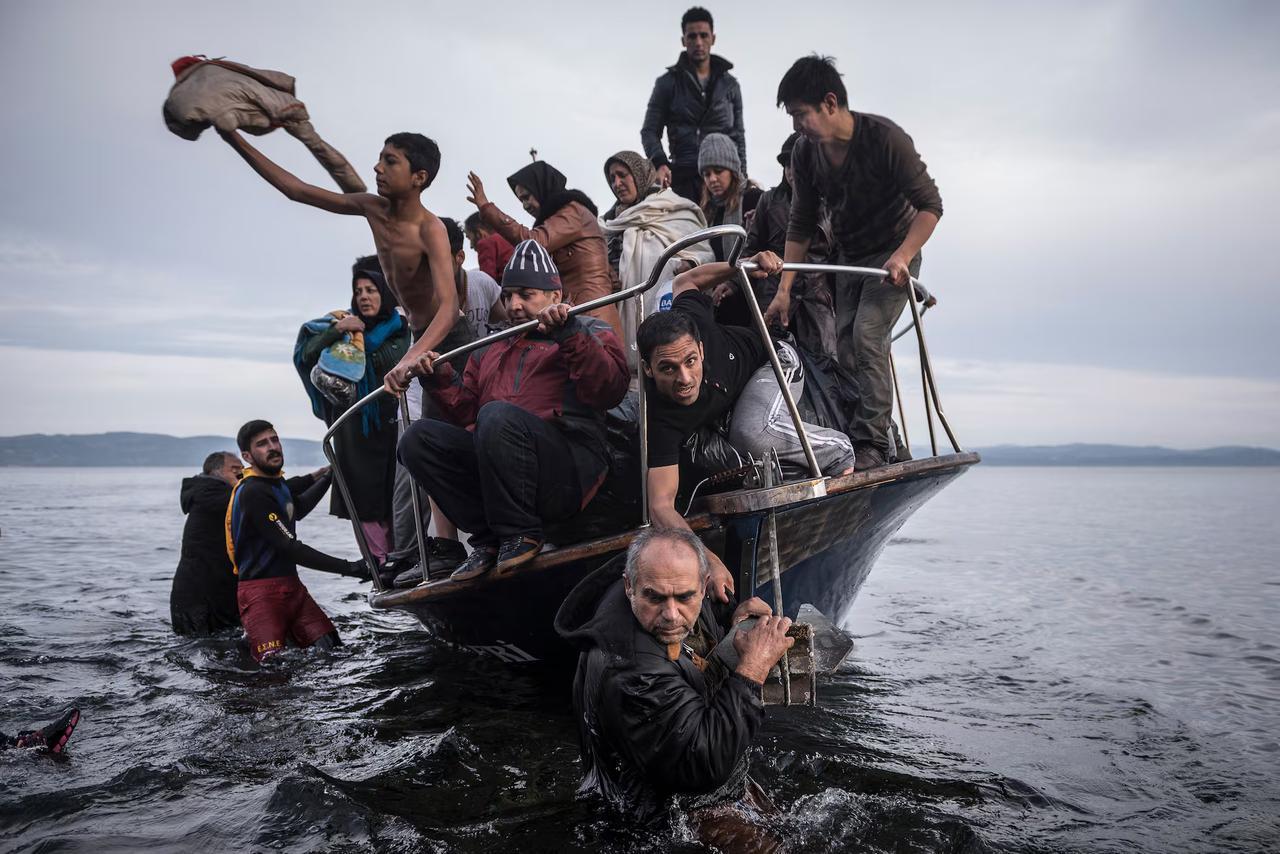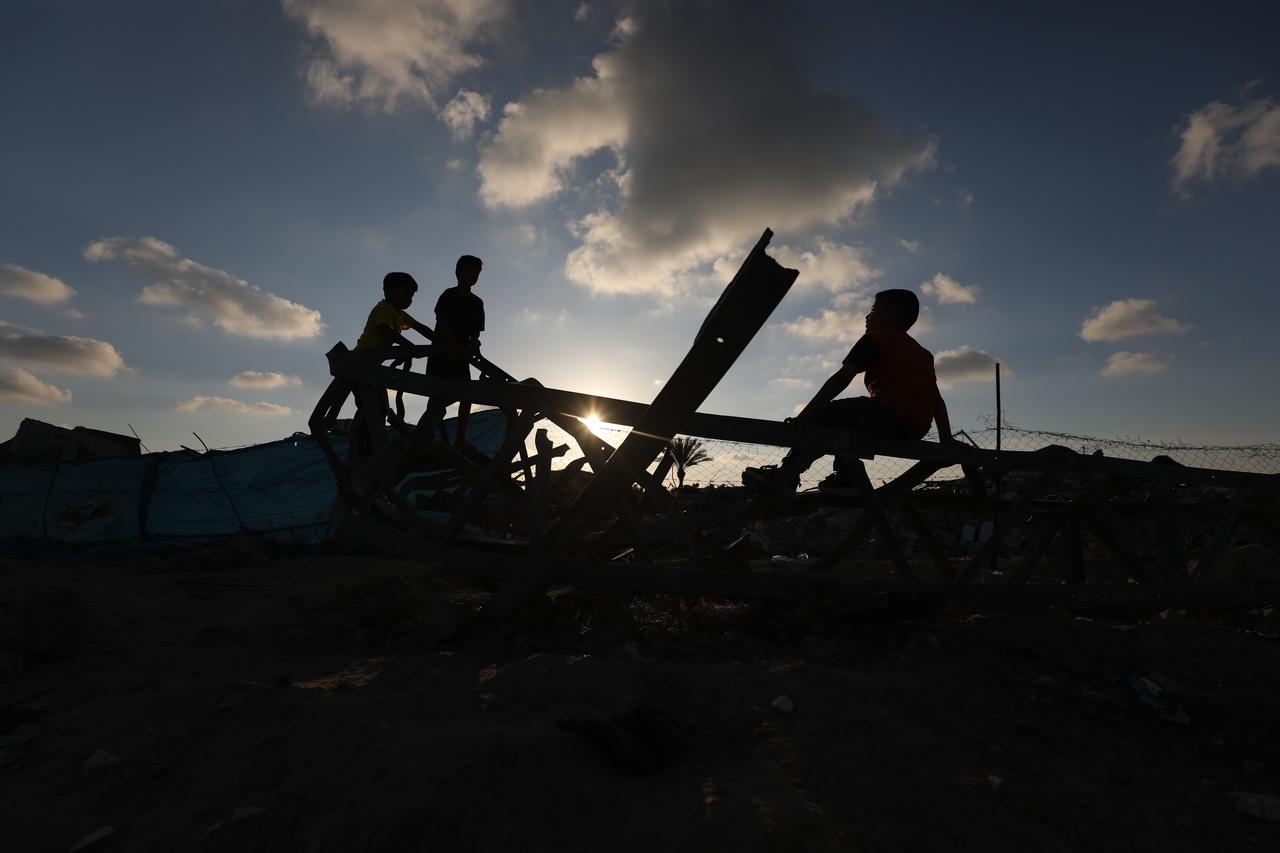
The United Nations refugee agency said Tuesday it expects 2.5 million refugees worldwide will require resettlement in 2026, a decrease from this year's projections amid what officials described as declining international commitments to refugee protection.
The figure represents a drop from the 2.9 million refugees estimated to need resettlement in 2025, largely attributed to voluntary returns by Syrian refugees seeking to rebuild their homeland, according to the U.N. High Commissioner for Refugees.
"We are seeing some people pull out of resettlement processes in favor of plans to go home to rebuild," UNHCR spokesperson Shabia Mantoo said during a press briefing in Geneva.
Afghan refugees are projected to have the highest resettlement needs at 573,400, followed by Syrians at 442,400. South Sudanese refugees account for 258,200 of those requiring resettlement, while Sudanese refugees represent 246,800. The projections also include 233,300 Rohingya refugees and 179,500 Congolese refugees.
Iran, Türkiye, Pakistan, Ethiopia and Uganda are expected to be the host countries requiring the most resettlement support, Mantoo said.

The UNHCR emphasized resettlement as a critical tool for refugee protection, with Mantoo describing it as "a concrete alternative to dangerous journeys, showcases meaningful international solidarity and fosters partnerships with host countries."
However, the agency warned that global resettlement quotas for 2025 are on track to reach their lowest levels in two decades, despite increasing global displacement.
"This dramatic decline in quotas risks reversing the significant progress made in recent years, thanks to collective efforts, while also exposing refugees to more danger," Mantoo said.
The spokesperson called on nations to increase their resettlement commitments and develop more responsive programs. "We also ask for more predictable and agile resettlement programs and adaptable quota allocations along key refugee routes," she said.
The UNHCR maintains its goal of resettling 120,000 refugees in 2026 remains achievable, urging countries to make both large and small quota pledges while accelerating processing times.